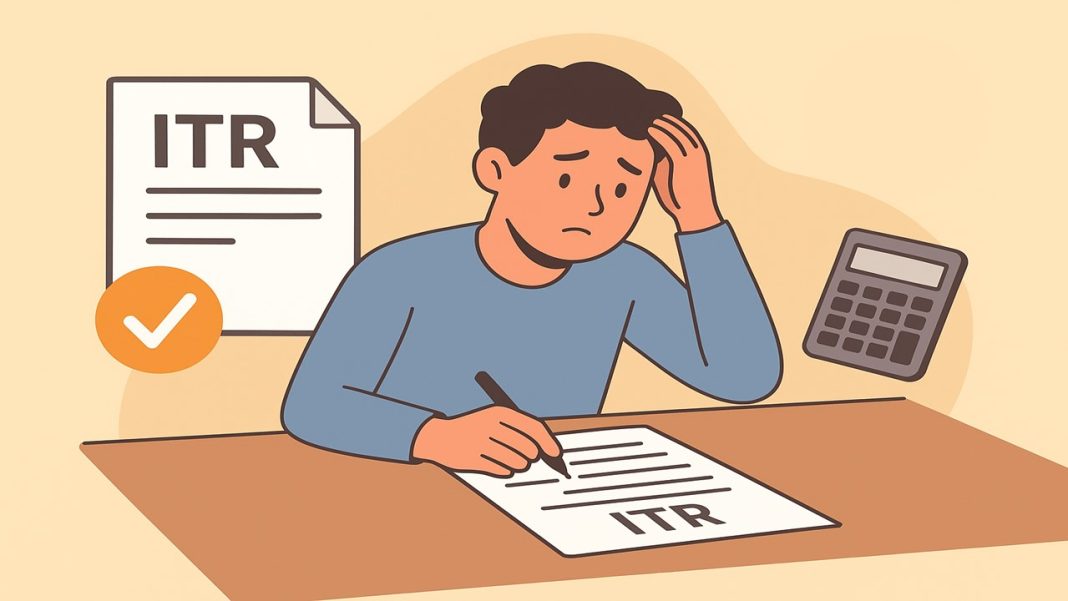Income is Below the Basic Exemption Limit? Still Filing ITR Can Be Compulsory; Know How
Now, not even a week is left for the deadline of filing the Income Tax Return (ITR) for the financial year 2024-25 (assessment year 2025-26). Many individuals assume the task of filing ITR is very tricky, especially those whose income is below the basic exemption limit and those who have never filed ITR before.
Many taxpayers even think that they do not owe a tax or that their employer has already deducted TDS (Tax Deducted at Source); hence, they are not required to worry about the paperwork. However, tax experts always advise taxpayers to file an Income Tax Return (ITR) in a timely manner. Escaping or late filing of ITR can attract penalties or several other legal consequences.
ITR filing is mandatory when your income is above the basic exemption limit or taxable income. A chartered accountant (CA) says, “Under Section 139 (1) of the Income Tax Act, 1961, anyone whose income exceeds the maximum amount not chargeable to tax must file a return.”
There are several conditions where taxpayers are compelled to file an Income Tax Return (ITR) even if their income is below the basic exemption limit. The conditions are as follows:
- Business turnover above Rs 60 lakh
- Professional receipts crossing Rs 10 lakh
- Depositing over Rs 1 crore in current accounts
- Depositing Rs 50 lakh in savings accounts
- Foreign travel expenses of more than Rs 2 lakh
- Electricity bills of more than Rs 1 lakh in a year
- Or even TDS/TCS of more than Rs 25,000 (Rs 50,000 for senior citizens)
Another chartered accountant says if you miss the deadline for filing the Income Tax Return (ITR), in such cases, the tax department is allowed to impose penalties up to Rs. 5000 under Section 234F. In cases of unpaid tax, the department can also ask you to pay one per cent interest per month under Section 234A. In the cases when the ITR is not deliberately filed and tax liability is above the limit of Rs. 10,000, then this can also lead to imprisonment under Section 276CC prosecution provision.
For taxpayers who do not fall under any of the aforementioned cases, filing a NIL return can be an effective decision. Whenever a taxpayer applies for loans or a visa, banks and embassies generally ask for submission of the last three years’ ITRs and income proof. Filing a NIL return helps avoid legal litigations in the future and stay concern-free. Individuals can also go for the option of filing an updated return (ITR-U) with additional tax and penalty just to produce the paperwork when required, CA says.
This minor adherence to rules helps in making your financial condition more stable and also strengthens your financial record with lenders. Even if your income is basic, keeping ITRs handy shows your consistency and creditworthiness for anyone applying for a home loan, credit card, or foreign travel approval, which can matter.
According to the recent amendments, the New Tax Regime has now been made a default regime; therefore, many individuals now think they do not owe any tax dues. However, tax experts advise taxpayers not to ignore the advantages of timely filing an Income Tax Return (ITR). The ITR is not just about paying tax; it is a record that can serve you in different ways later.



